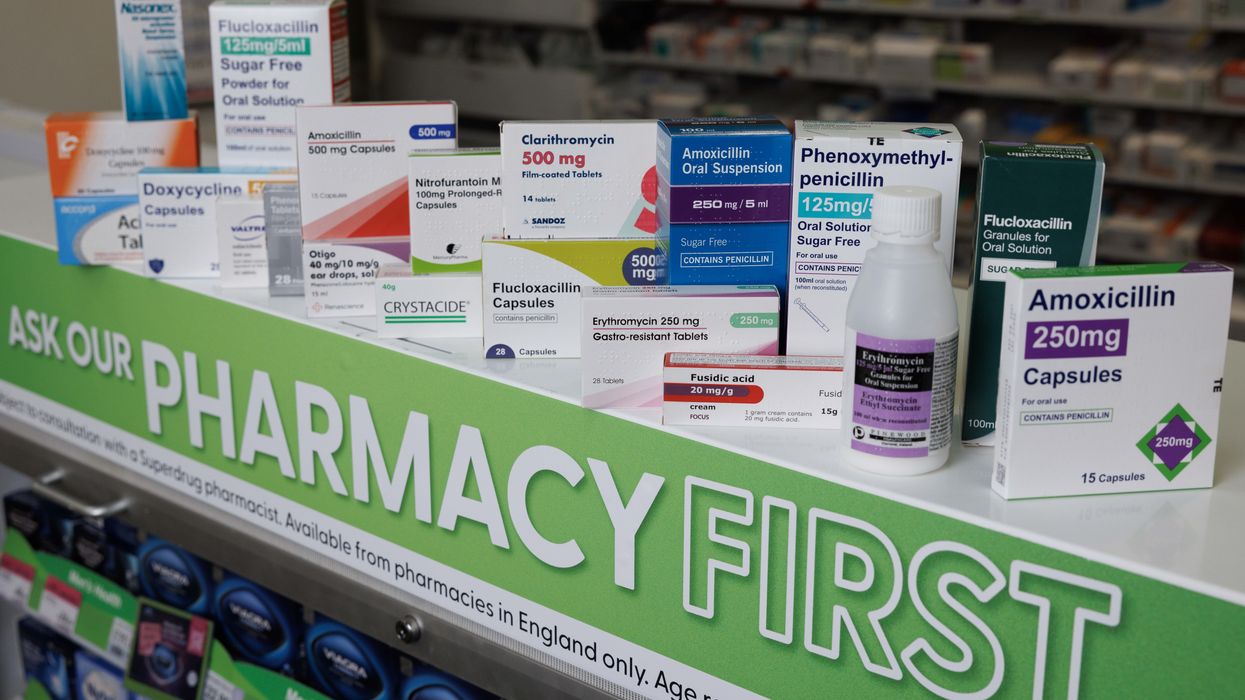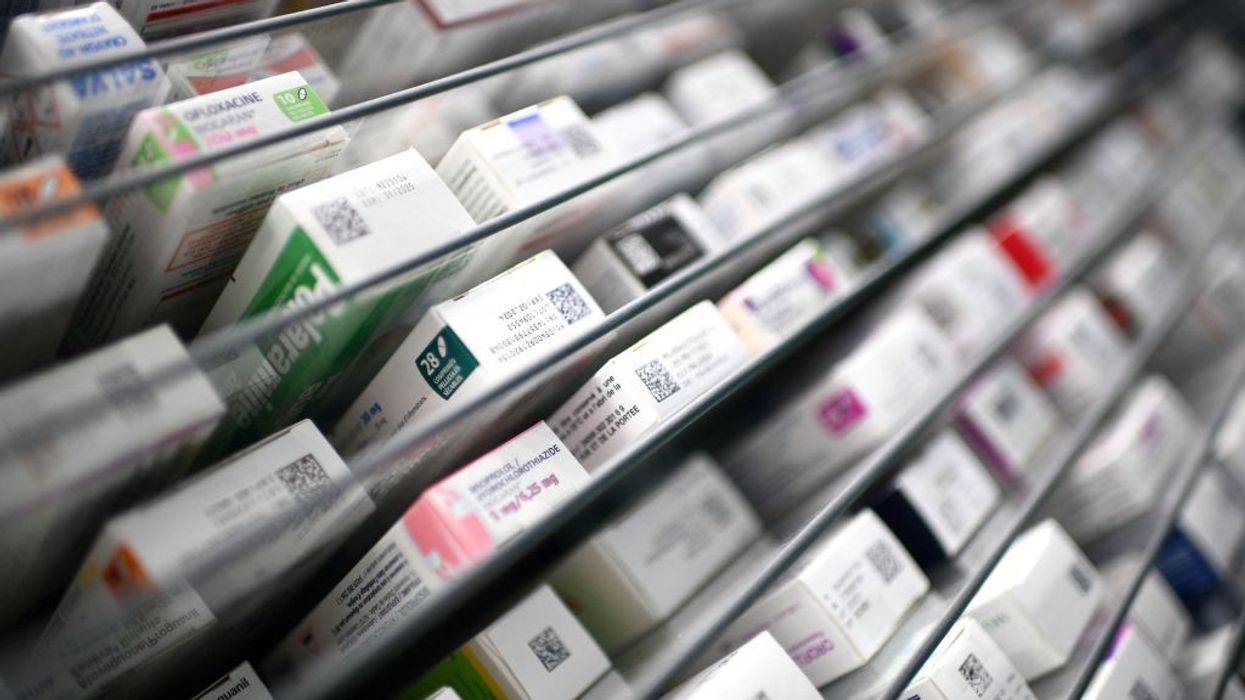Gary Paragpuri explains how there is more to technology and automation in pharmacy than just the shiny exteriors…
Back in 1982, a phrase began appearing in the sports sections of newspapers across the US to describe those dramatic moments in games where a particular decision or move made a significant impact. They became known as ‘game-changers’.
This logical and snappy expression, whose origins were traced by William Safire of The New York Times, was quickly picked up by those beyond the world of sport as a more general way of describing important shifts in direction.
It was soon heard in the worlds of politics and business, and also became an established part of the language of the technology community, used to describe those shiny new products that represented a quantum leap forward in terms of capability and performance.
Tackling tech misperceptions
Today, the idea that a single piece of hardware or software has the potential to transform a particular aspect of how we live or work retains a strong appeal. Any solution that can provide a simple, instant answer to complex problems is an understandably attractive concept.Sadly, it is one of the many misperceptions that exist around technology and how it should be embedded within a business for greatest effect. At Hub and Spoke Innovations, we frequently experience this in our conversations with independent pharmacies about the potential of the Pharmaself24 collection point.
At the risk of generalising, those conversations fall largely into two main camps.
On the one hand, there are those pharmacists with the vision to see beyond the product itself – their sense of its value and their interpretation of the word ‘investment’ are based on a long-term view of the benefits they wish to bring to their patients.
On the other hand, there are those who struggle to see it as anything more than a machine, framing it in terms of a one-off purchase or a possible quick win rather than as something to be incorporated into an expanded patient offering.
Of course, this makes sense on the surface. Pharmacists are facing headwinds right now and must work hard to ensure that every penny is fully justified at a time when margins are wafer thin.
At the same time, the tendency to take a short-term view also speaks to the success many contractors have seen in adopting a tactical approach to financial control, keeping a tight rein on costs and exploiting favourable buying opportunities as they arise. In this scenario, however, there is a risk that many are either failing to see – or, perhaps, actively avoiding seeing – the big picture for their business at a more strategic level.
Even more difficult to see is the bigger picture that is playing out beyond a pharmacy’s four walls and its local area as the sector continues to experience change at a more fundamental level.
Whether it’s evolution or revolution depends on your perspective, but there is no doubt that it is here and only likely to accelerate.
The coming of the Digital Age
Pharmacy2U, the UK’s first internet pharmacy, turns 21 this year and data is available to show that it is truly coming of age. The company now dispenses close to a million items per month and that number is steadily on the rise as it looks to acquire a greater share of the available market.In recent years, major multiples have also underlined their commitment to serving patients online, with Echo from Lloydspharmacy fast approaching half a million items per month.
In addition, there have been a raft of digitally focused entrants into the market, such as Phlo Digital Pharmacy, and HubRx, which claims to be developing “the UK’s first state of-the-art centralised automated pharmacy for independent pharmacy contractors”.
While these innovators may have technology in common, at their root, they are developments that answer some of the macro trends at play, such as the need to modernise the dispensing model and the changing expectations of 21st Century patients.
As of this year, you can also add Covid-19 to the list of forces driving change in pharmacy. While it’s fair to say that the virus remains a relatively unknown quantity, with no way to measure its ultimate impact, there are strong signs that its influence on patient behaviour will be felt for the foreseeable future.
The latest available footfall figures for non-food stores released by Ipsos Retail Performance, for example, showed that while average weekly shopper numbers in July were 13 per cent higher than June, they were down by 53.0 per cent year-on-year.
This dramatic figure can be explained in part by the ongoing observation of social distancing measures and footfall will continue to rise as people ease their way out of lockdown, but there is also more going on beneath the surface.
Dr. Tim Dension, director of Retail Intelligence, labelled it a “nervous and hesitant return” and described consumers as “understandably anxious about their safety and re-wired to prefer shopping online” – all of which has clear implications for contractors.
It can be argued, therefore, that the existing forces already changing the rules of the game for pharmacy have now been joined by a genuine game changer in Covid-19.
The sector finds itself at an inflection point, and no single technology will provide the answer, but embedding greater levels of automation over the long-term will be crucial to deliver the support contractors need as they adapt to become patient-centric, cost-efficient healthcare providers fit for tomorrow’s world.
Gary Paragpuri is CEO of Hub & Spoke Innovations Ltd.
This feature also appears in the print edition of Pharmacy Business/Oct 2020.











